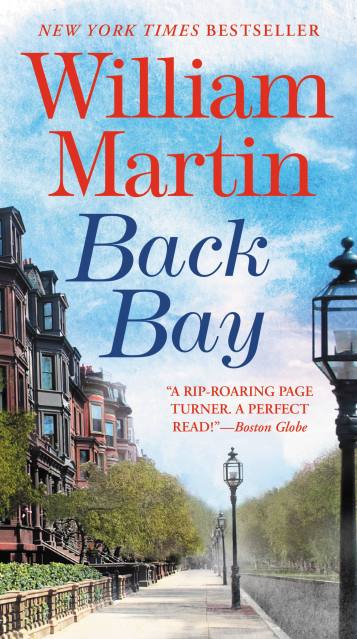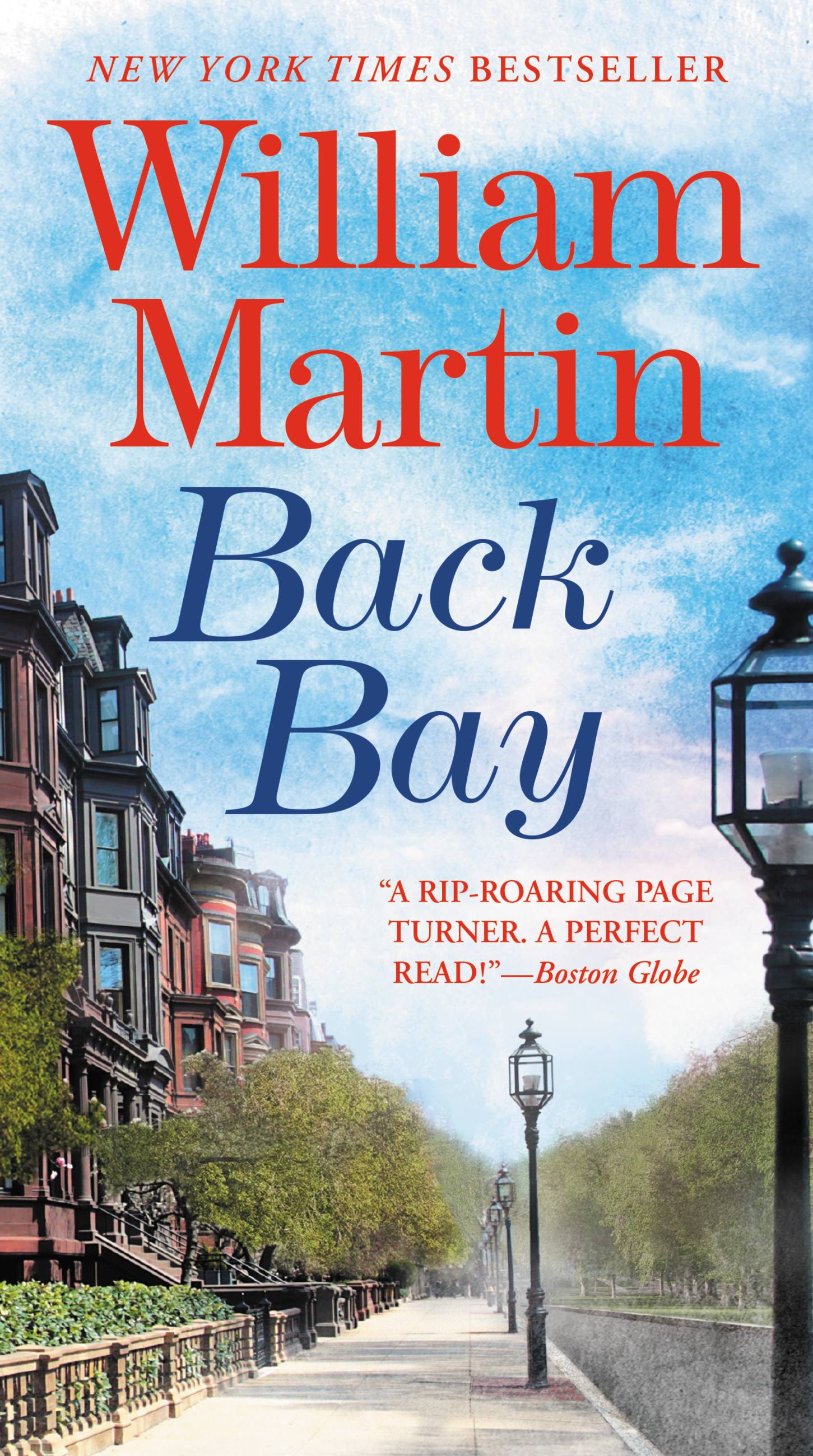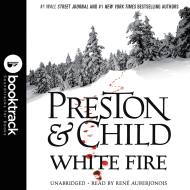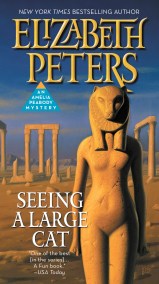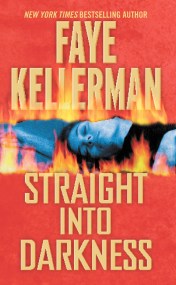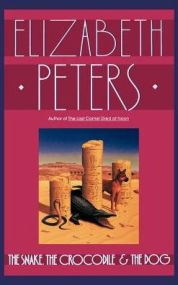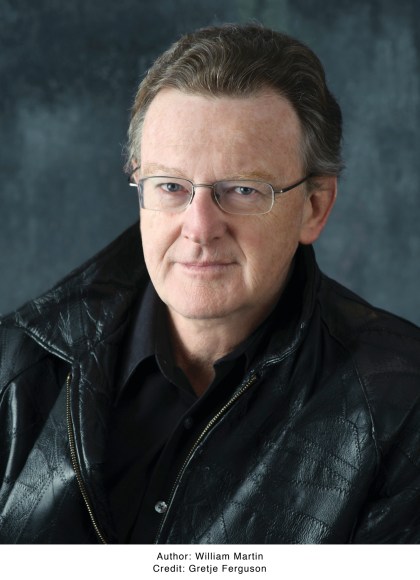Promotion
Use code MOM24 for 20% off site wide + free shipping over $45
Back Bay
Contributors
Formats and Prices
Price
$7.99Price
$9.99 CADFormat
Format:
- ebook $7.99 $9.99 CAD
- Trade Paperback $19.99 $25.99 CAD
- Mass Market $9.99 $12.99 CAD
This item is a preorder. Your payment method will be charged immediately, and the product is expected to ship on or around April 30, 2013. This date is subject to change due to shipping delays beyond our control.
Also available from:
INSTANT NEW YORK TIMES BESTSELLER
“A rip-roaring page turner. A perfect read!” – Boston Globe
Meet the Pratt clan. Driven men. Determined women. Through six turbulent generations, they would pursue a lost Paul Revere treasure. And turn a family secret into an obsession that could destroy them. Here is the novel that launched William Martin’s astonishing literary career and became an instant bestseller. From the grit and romance of old Boston to exclusive — and dangerous — Back Bay today, this sweeping saga paints an unforgettable portrait of a powerful dynasty beset by the forces of history…and a heritage of greed, lust, murder and betrayal.
“A rip-roaring page turner. A perfect read!” – Boston Globe
Meet the Pratt clan. Driven men. Determined women. Through six turbulent generations, they would pursue a lost Paul Revere treasure. And turn a family secret into an obsession that could destroy them. Here is the novel that launched William Martin’s astonishing literary career and became an instant bestseller. From the grit and romance of old Boston to exclusive — and dangerous — Back Bay today, this sweeping saga paints an unforgettable portrait of a powerful dynasty beset by the forces of history…and a heritage of greed, lust, murder and betrayal.
Genre:
-
"A rip-roaring page turner. A perfect read!"Boston Globe
-
"Spellbinding...Ingenious."Cincinnati Enquirer
-
"Marvelous...captures the reader from page one and holds to the explosive ending."King Features Syndicate
-
"Martin's first novel is a clever and entertaining blend of history, family, saga, and mystery."Publishers Weekly
-
"Martin has carefully researched the topography of old Boston and tidily balances his inventive plot with narrow escapes and stopwatch action, including a subway tunnel dig and shootout...a bracing brew for long cold nights"Kirkus Reviews
- On Sale
- Apr 30, 2013
- Page Count
- 480 pages
- Publisher
- Grand Central Publishing
- ISBN-13
- 9781455525508
Newsletter Signup
By clicking ‘Sign Up,’ I acknowledge that I have read and agree to Hachette Book Group’s Privacy Policy and Terms of Use
